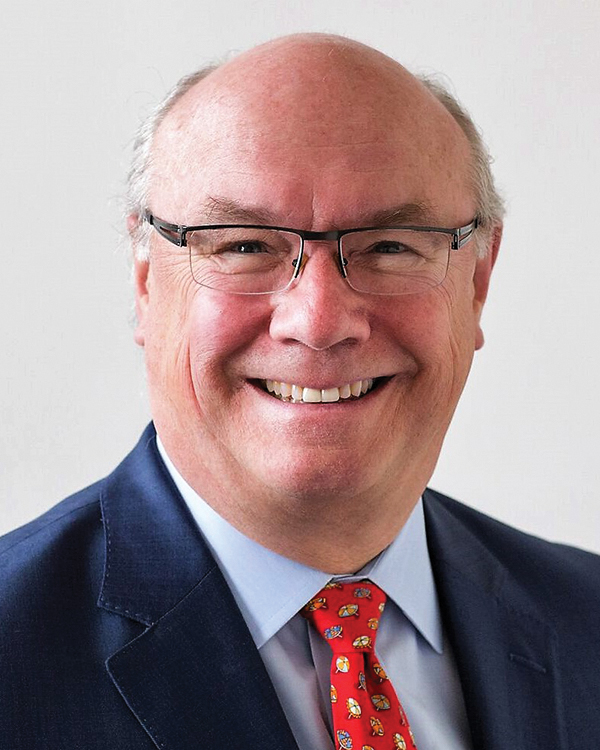
The pressure on building owners and operators to implement strategies and measures to keep people safe will only increase in the coming months as people return to traditional work environments. Building ventilation strategies demand particular attention relative to managing the spread of COVID-19 due to the risk of airborne exposure. The American Society of Heating, Refrigerating and Air-Conditioning Engineers (AHRAE) has established an Epidemic Task Force1 to provide guidance on best practices in building operations and a robust conversation among experts regarding safety for building occupants continues. As guidance evolves, building owners should consider investments to protect their employees and tenants.
Since its inception in 2015, the Commercial Property Assessed Clean Energy (C-PACE) program has funded numerous heating, ventilation, and air conditioning projects in Rhode Island; the exact types of projects that impact the indoor environment. Though typically associated with energy efficiency, the C-PACE program also allows for investment in environmental health and safety improvements. Investments that create a safer building for employees and tenants as they return to work would fall under the C-PACE eligibility umbrella. As pressure on cash flow increases and traditional commercial credit becomes more restrictive, C-PACE provides a path to support the implementation of necessary safeguards. R.I. C-PACE provides long-term, fixed rate, 100% project financing that is secured through a property tax assessment. No personal guarantee is required, and in certain cases, the interest can be capitalized for up to two years, mitigating the near-term impact on cash flow. C-PACE works in new construction as well as refurbishments and can help finance the addition of healthy building elements to projects in development.
Any investments by building owners must provide multiple benefits and net results. While an obvious benefit is mitigating further transmission of airborne viruses, a recent report2 from DBRS Morningstar suggests investing in healthy buildings can create additional value for occupants and owners. As the report indicates, real estate “investors are looking for organizations to disclose detailed information on corporate sustainability programs, labor practices, philanthropic programs, and the effect social trends have on their operations.” A study of building owners cited in the report suggests buildings that implement healthy building practices are worth 7% more than comparable conventional buildings, are easier to lease, and command rent premiums. Another study referenced in the report cites the positive impact of healthy building practices on increased employee productivity, collaboration and satisfaction. For example, the “American Society of Interior Designers (ASID) headquarters office, which incorporated healthy building standards, reported that collaborative work increased by 9% and productivity increased by 16%.” Healthier buildings result in greater health and confidence in employees, better investor receptivity, increased productivity and collaboration, and higher property values.
As we gradually return to the office, we are all more aware of our surroundings and the immediate implications for our health. Building owners, through investments in health and safety to protect their employees and tenants, will also increase the value of their assets. In Rhode Island, C-PACE serves as one tool to support this transformation of the building stock for our new reality.
1 https://www.ashrae.org/about/news/2020/ashrae-epidemic-task-force-established
2 https://www.dbrsmorningstar.com/research/361286/demand-for-healthy-buildings-could-drive-esg-investment-in-commercial-real-estate
Jeffrey Diehl is the CEO and executive director of Rhode Island Infrastructure Bank, Providence, R.I.
